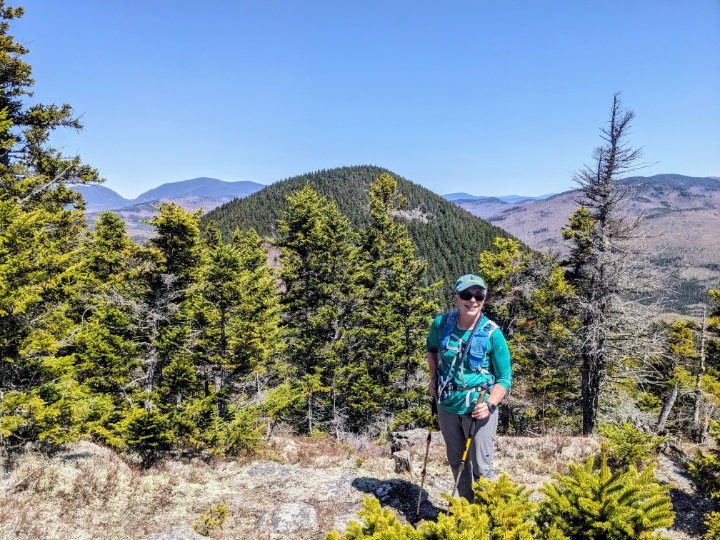‘Doc’ Smith – State Veterinarian
by Robert Hanaford Smith, Sr.
Weirs Times Contributing Writer
After reading about the life of Robinson W. Smith, Doctor of Veterinary Medicine, I am struck with wonderment as to how the busy and accomplished animal doctor could add so many other activities to his life. Dr. Smith was born in Meredith, New Hampshire on May 18, 1891. He was the son of Joseph F. Smith, a successful farmer in Meredith and a travelling salesman for the American Woolen Company, and Isabelle Robinson Smith. His schooling included attending the local elementary schools , the New Hampton Literary Institute, and the Chicago Veterinary College in Chicago Illinois, graduating with the class of 1915.
After receiving his degree Dr. Smith came back to New Hampshire and began his veterinary practice in Laconia which proved to be the start of a long and impressive profession. His accomplishments included serving as Belknap County Agricultural Agent from 1917 to1920, followed by becoming an employee of the State Department of Agriculture in Concord in September of 1920 where he was made Assistant Commissioner of Agriculture and Agent in Marketing, and the appointment on July 1, 1921 to be State Veterinarian by the Commissioner of Agriculture, Andrew L. Felker. That appointment was approved by Governor Alfred O. Brown and the Governor’s Council.


Dr. Smith was not able to serve in World War I because of medical reasons , a situation which led to his involvement with the state extension service. He was married to Ruth Hull , daughter of Charles and Florence Hull of Meredith, on June 25, 1918. During his prep school days at New Hampton Robinson W. Smith was the quarterback of the football team during the years of 1907, 1908, and 1909, and continued playing football during his college years as a half-back.
As the first State Veterinarian in New Hampshire, in a position he held for over 40 years, Smith established a reputation throughout the United States as a knowledgeable and skilled doctor. He was recognized as an authority on the control and eradication of contagious and infectious diseases of domestic animals. His involvement in professional organizations included being a member of the United States Livestock Sanitary Association as part of its Executive Committee, a member and director of the National Brucellosis Committee, and a director and member of the Executive Committee of Livestock Conservation, Inc. with its offices in Chicago. Under his leadership New Hampshire received national recognition in June of 1960 as a brucellosis free state. The Doctor was one of the organizers and a past president of the New England Veterinary Medical Association as well as a member of the American Veterinary Medical Association. He also served as the State Chairman for Veterinarians Procurement and Assignment Service during World War II, and was on the National Advisory Committee to the Selective Service.
In his younger years as the county agricultural agent, Dr. Smith travelled extensively around the countryside, driving his Model T Ford in summer and relying on his horse and sleigh in the winter. He is reported to have routinely travelled through the snow with his horse and sleigh to meet with groups of farmers on winter evenings, instructing the attentive audience on how to keep up with the times with improved agricultural methods.
Participating in an activity which he described as “a sideline and a hobby” Doc Smith was well-known for his involvement in harness horse racing, both as an owner of trotters and pacers and an official of the sport. Licenses issued by the United States Trotting Association gave him the authority to serve as an official starter and presiding judge anywhere in the United States. Often, though, he would drive his own horses at tracks in Maine, New Hampshire, and Vermont. He served as the Executive Secretary and Treasurer of the New Hampshire Fairs Association of which he was instrumental in organizing in the year 1928, and was a Director of the Plymouth Fair.
And, as if all that wasn’t enough for the ambitious veterinarian, Dr. Smith was involved politically in the city of Laconia. He described himself as a “staunch Republican”, following the example of his Father, and served as a City Councilman for three years and Mayor of the city for a record of eight years. For at least twenty years he was a member of the Parks and Recreation Committee.
So, not so long ago, Dr. Robinson W. Smith made significant contributions to the well-being of not only the Lakes Region, but to all of New Hampshire and the other states of the country, having visited most of them in his campaign to eliminate brucellosis in cattle. His brothers also left their mark on the history of our state, but their stories will have to wait for other articles.




